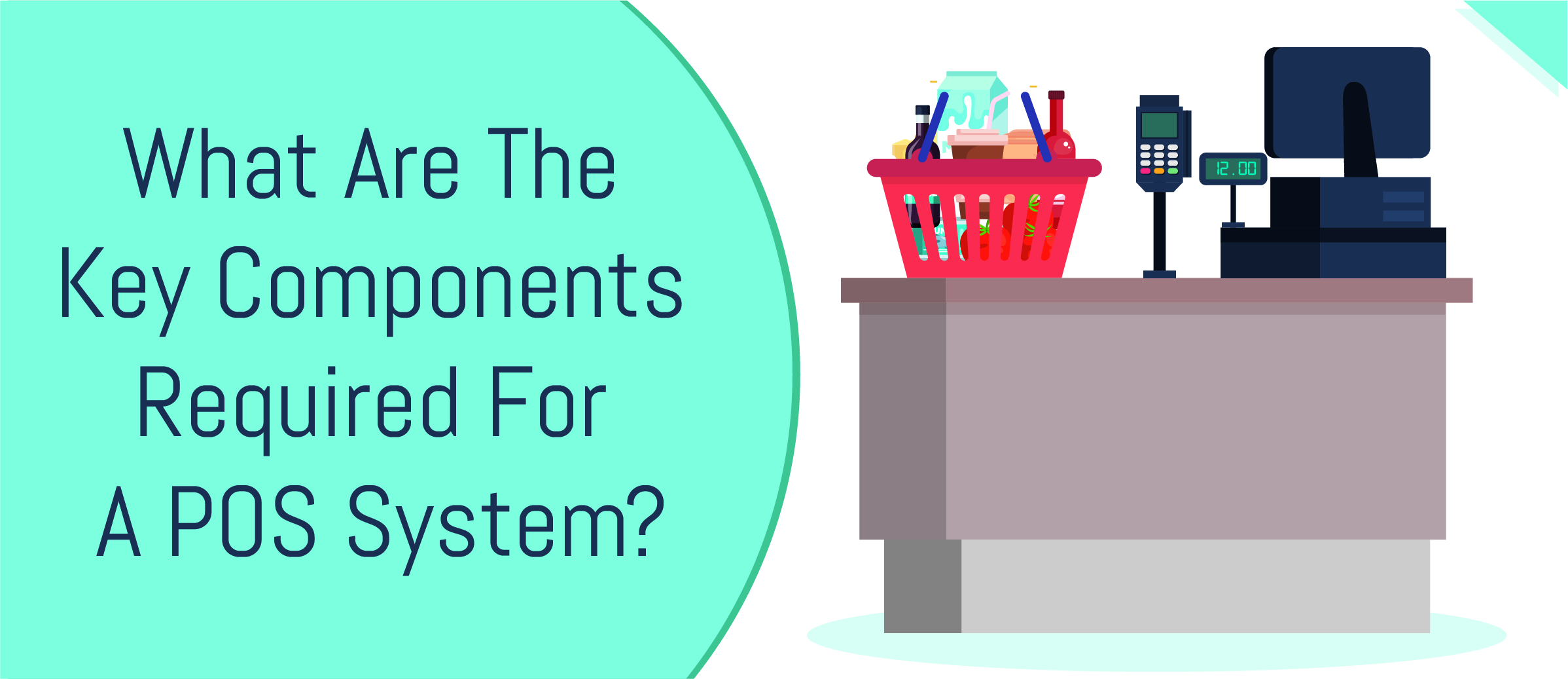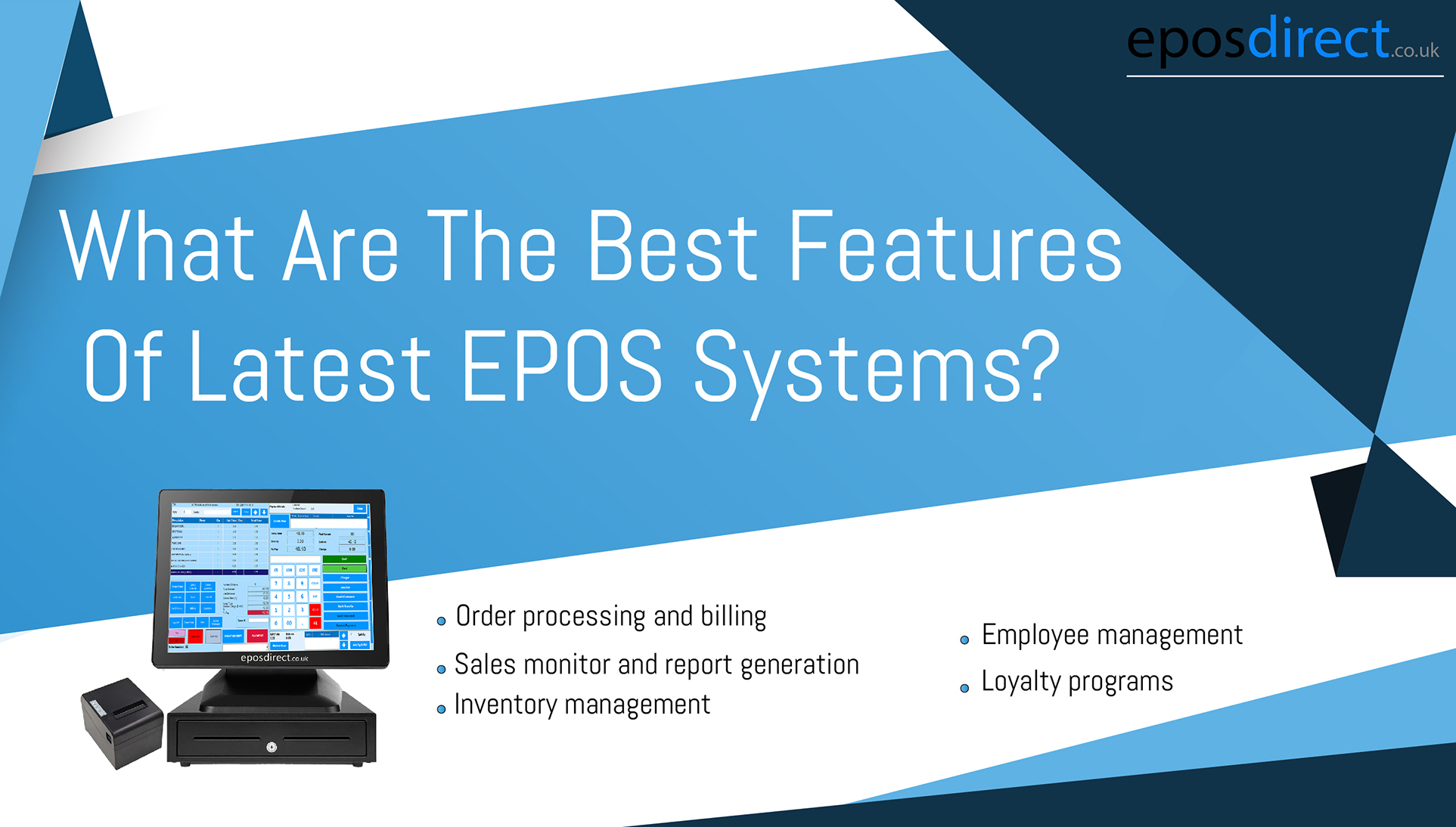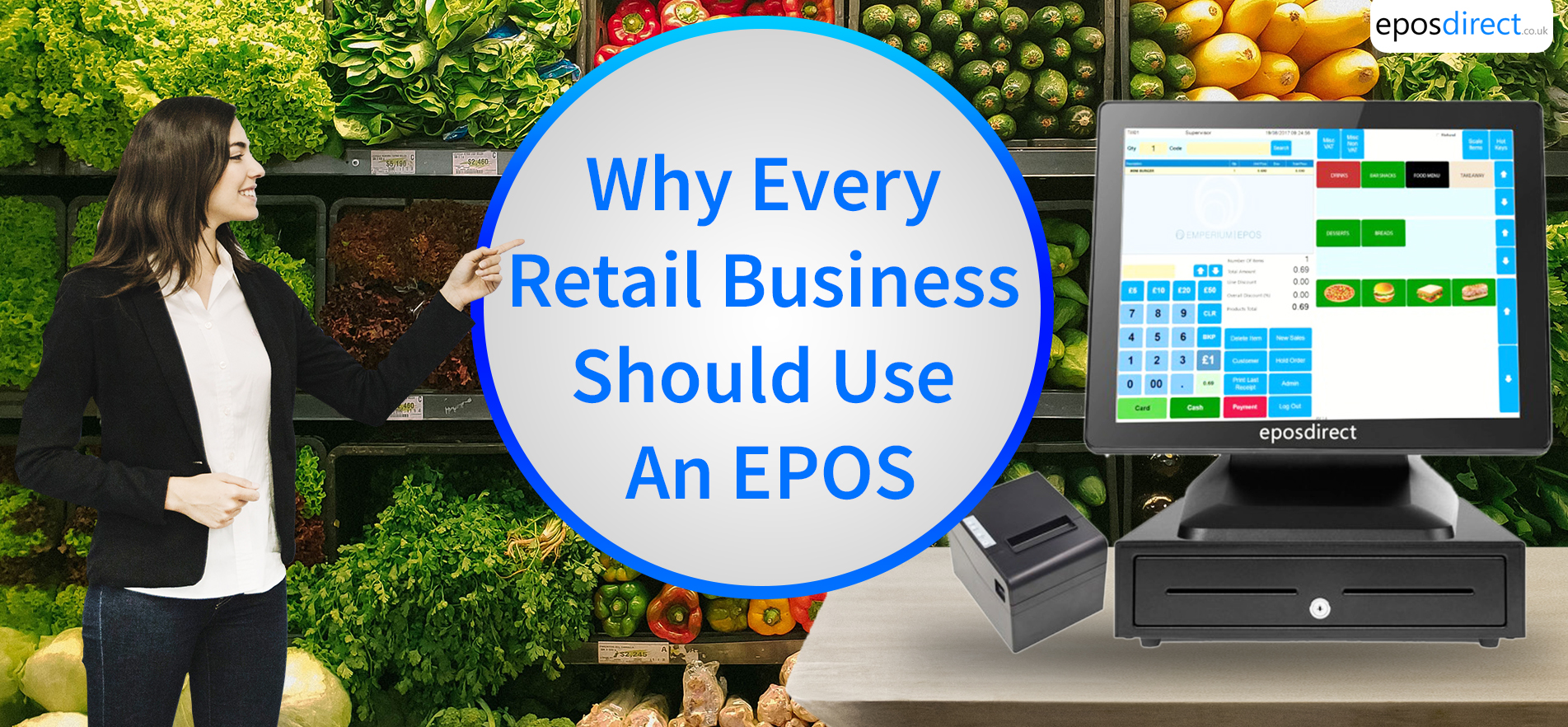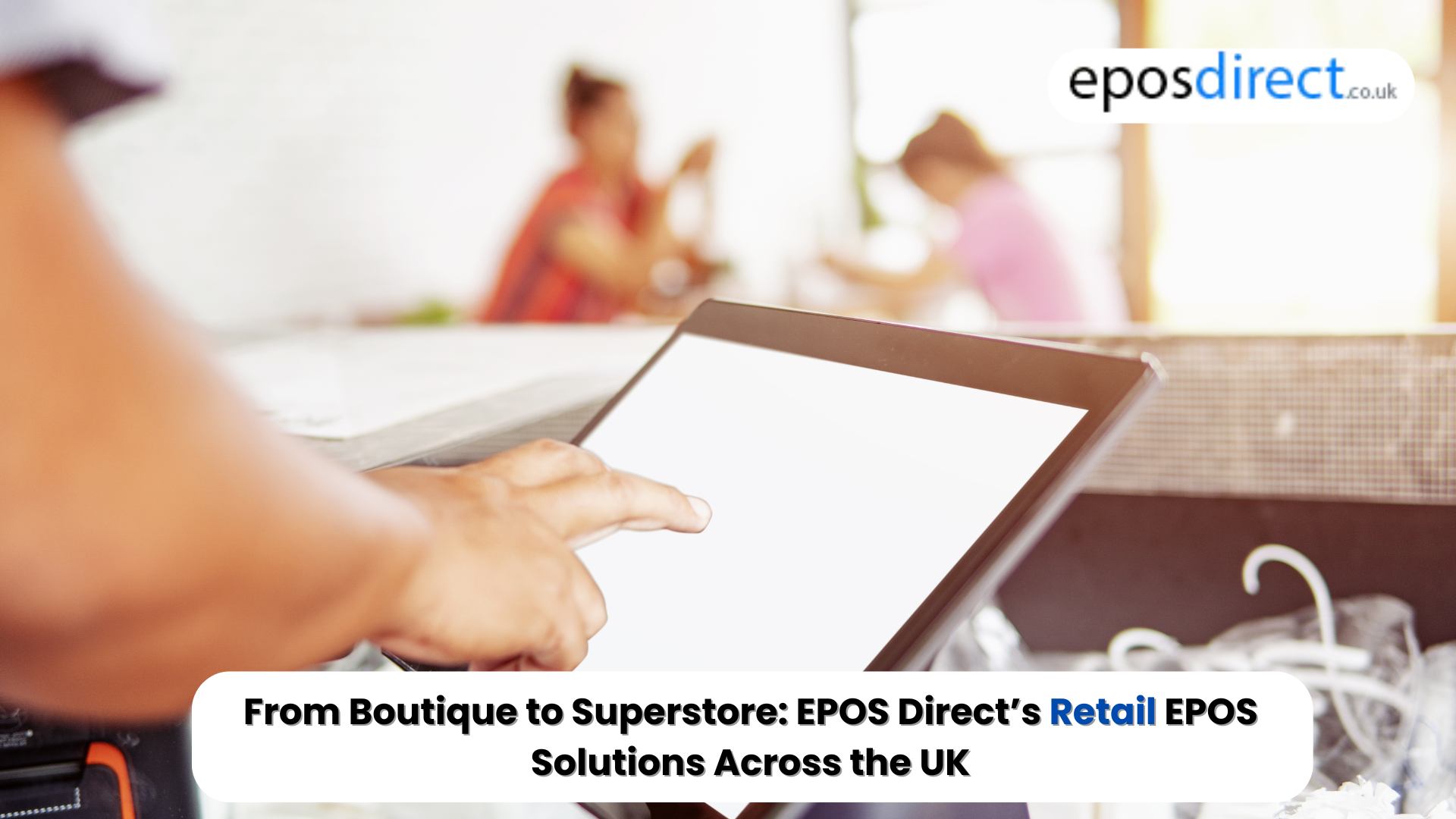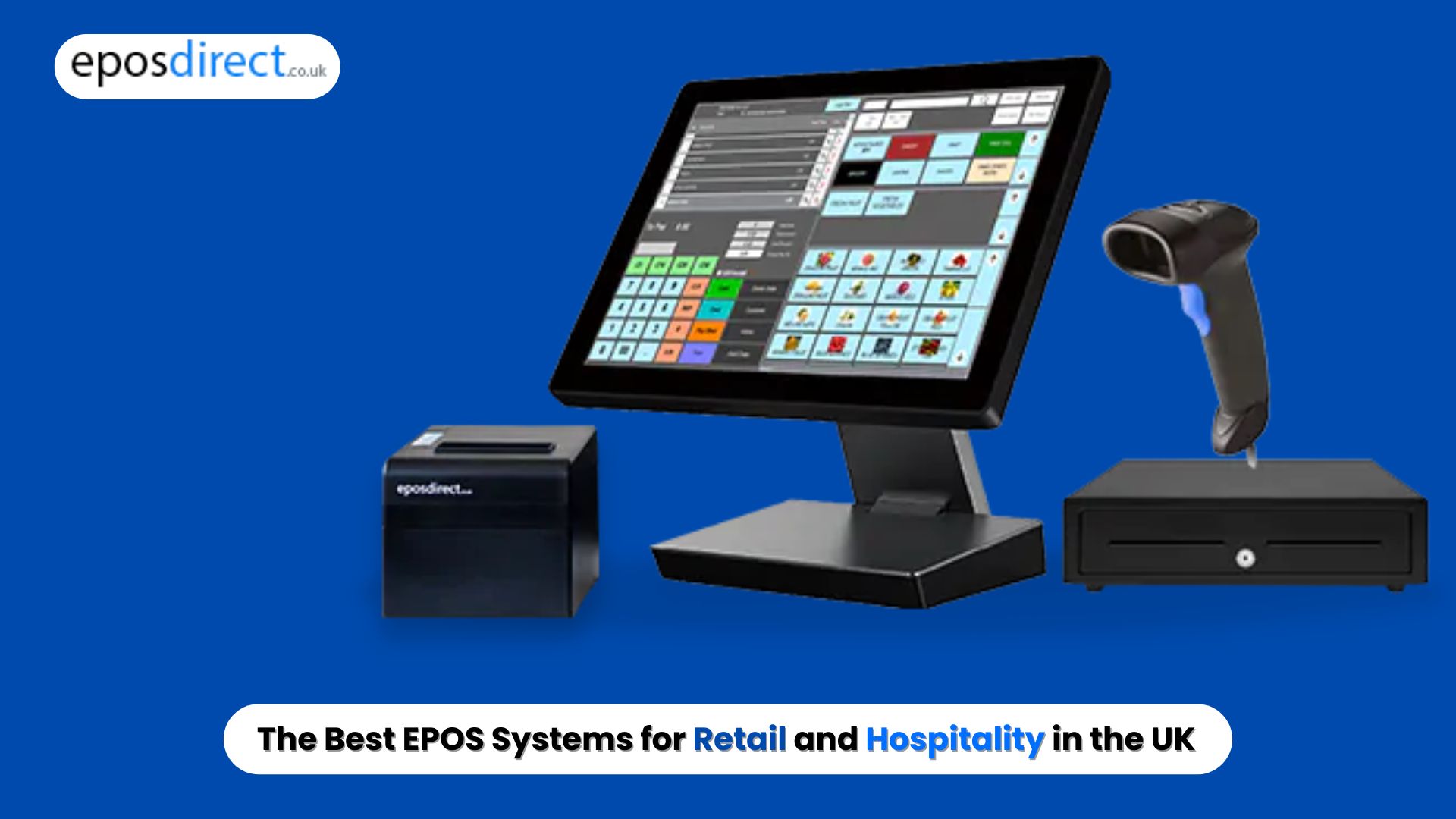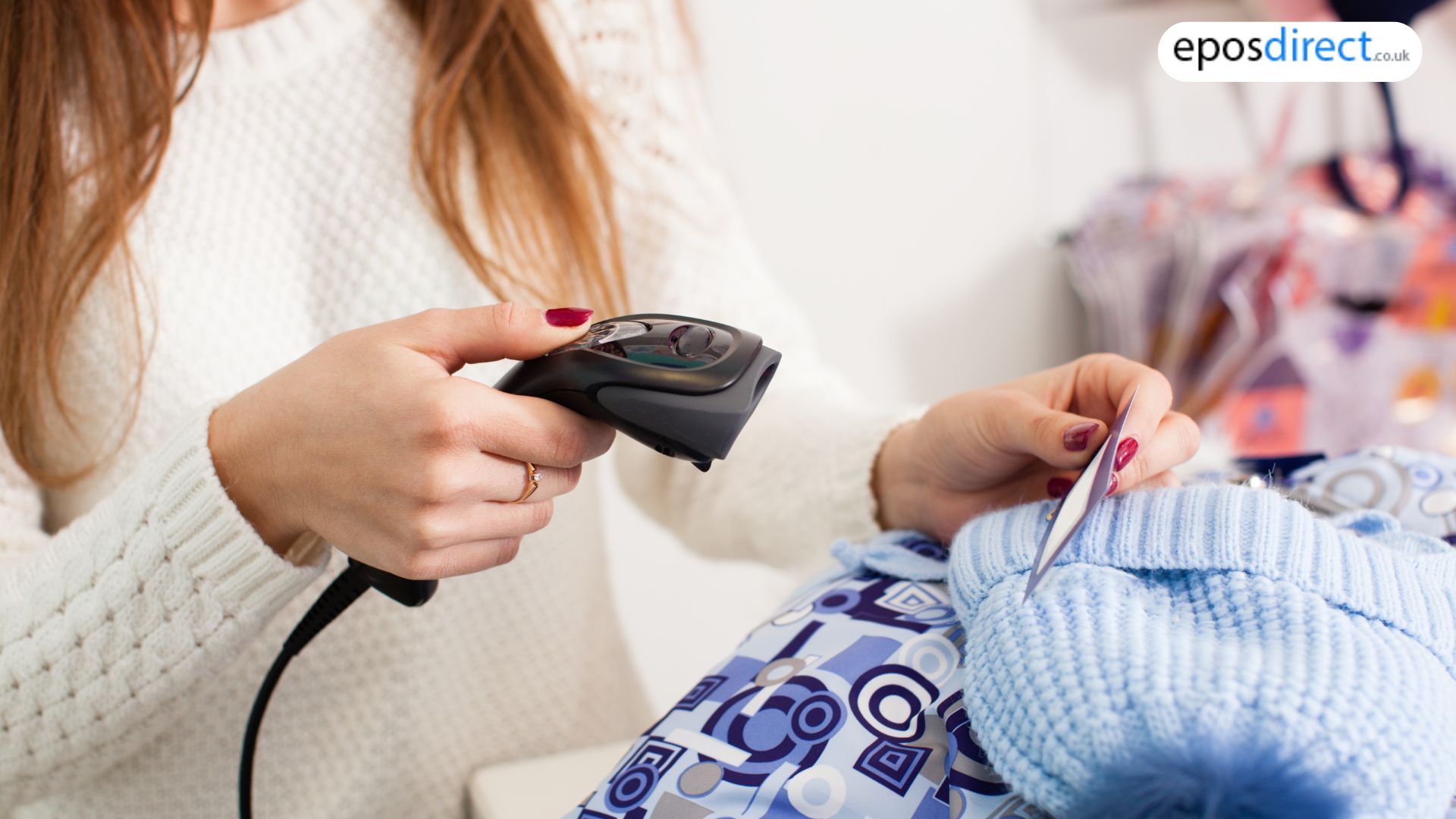We use cookies to make your experience better.
To comply with the new e-Privacy directive, you agree to the privacy policy and our use of cookies
What Are The Key Components Required For A POS System?
Having excess or minimal stock is costly that becomes a major cause of loss and some small business may face losses or even shut down because of this big mistake. Irrespective of the size of your business, epos system helps to run the business smoothly.
The biggest advantage of using EPOS software is the ability to get quick and accurate assessment of your stock in seconds. Each time you check out a customer, the goods that are sold out are immediately subtracted from the stock list. With epos software, retailers can track and maintain stock and saves time by having a clear picture of sold and left over stock details.
Inventory control software tracks thousands of products that give an advantage to retailers. Good inventory control allows you to set an alarm for the items at the re-order point. In addition, you also get data about the ongoing price you paid in past and the average cost you paid in past to make a best deal with your provider.
In addition to tracking inventory, a great POS system let you know your best customers and their preferences. It helps retailer to maintain only those products and make them their regular customers. With the help of right EPOS software and accessories, retailers get advantage in the form of business growth and efficiency that keep their customers returning back.
Before you find a way to buy epos system, think about epos software and hardware needs together for your retail business as software requires specific hardware of the best quality. The following are some standard POS hardware components for POS software:
All in one Workstations:
Workstations fulfill all of your "Cash Register" requirements. They provide expandability and flexibility with simple setup that gets complete with other peripherals. Small retail shopkeepers normally use this POS system.
Servers and Power Sources:
Servers are mandatory to run business software. It offers access to tools and features to make your software use both convenient and efficient.
Choose a hard drive with on-board support to secure everyday backups and disaster recovery. Keep a backup of your documents to keep your business data secure. Make sure that every POS terminal has dedicated power and battery-backup.
Barcode Scanners:
Scanners help in accurate data with respect to stock in a quick manner. Besides, they reduce errors during checkout and maximize business productivity.
There are different sorts of scanners that you can choose depending upon the type of business. Short range scanners scan products by the cashier. Long range scanners have the ability to scan from a long distance while embedded scanners are used to scan at checkout counters.
Cash Drawer:
Cash drawer is an important hardware component of POS system that make sure cash, Card receipts and checks that are used in return of goods in every day transactions. It is better to use software with automatic close component feature of cash drawer for theft prevention. It prevents staff from leaving a cash drawer open longer than required.
Check Readers (MICRs):
Check Readers scan check numbers and bank accounts to verify account data to prevent non-payment. MICR Readers are connected through keyboard. Make sure your epos software supports it.
Magnetic Stripe Readers and PIN Pads:
MSRs read different kinds of cards used for transactions, for example, credit cards, employee ID cards and so on. A PIN Pad is fundamental for debit card processing.
Signature Capture Devices:
These devices capture the customer`s signature for confirmation to process payments and transactions through credit cards.
Receipt Printers:
Receipt printers print customer receipts, bills, purchase orders and some other business certificates. Choose easy to use printer to save important time during checkout.
Touch Screens or Keyboard:
Touch screens or keyboards are used to operate POS system. Touch screens are used mostly and user friendly. You can also have a compact keyboard with built in touchpad feature.
Portable Data Terminals:
Portable Data Terminals are bar code scanners used to collect data and send it into your epos software to speed up the process. It also helps in quick tallying of merchandise during receiving of stock.
Shopping for the Right POS System:
Options are available with different costs and features that make decisions difficult in buying the right POS software. All stock control software track stock but a good POS system let you assess your stock effectively and completely. It also allows you to include new products, set alarms for products running low and generate purchase orders.
Choose an epos system that suits your needs as per your business size. If you own a small business and on budget, you can start with a basic setup such as POS software running on a PC with a cash drawer and a receipt printer. As your business grows, you can add POS hardware as per your business needs, for example, barcode scanner, card reader, stock label printer, pole display, or PIN debit pad.

